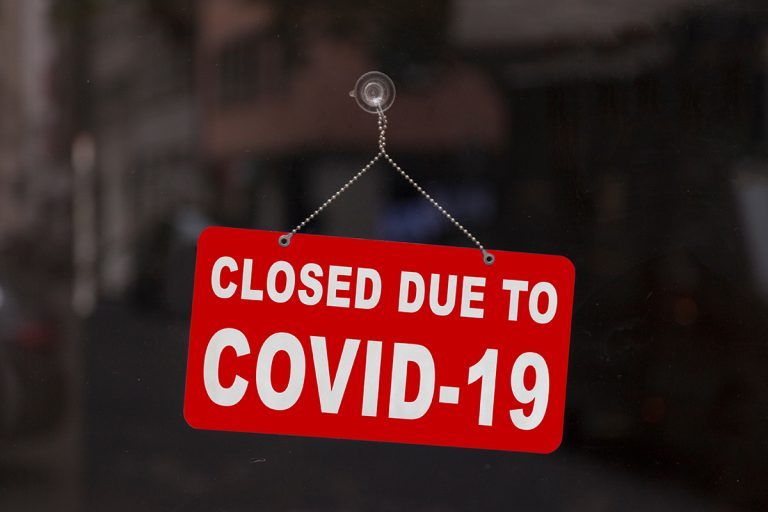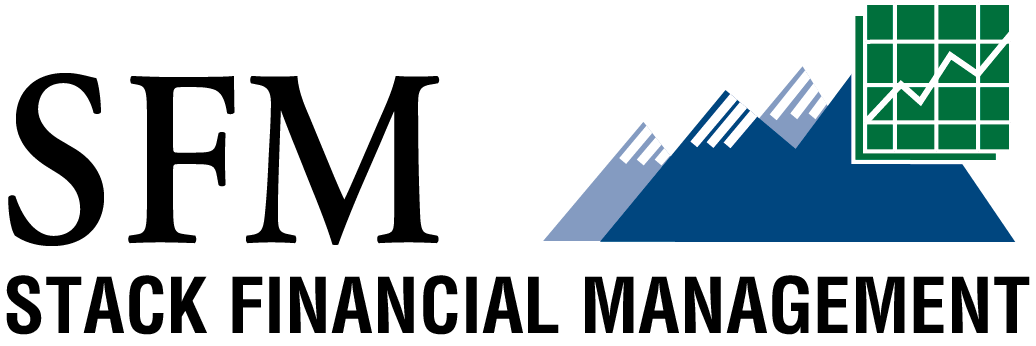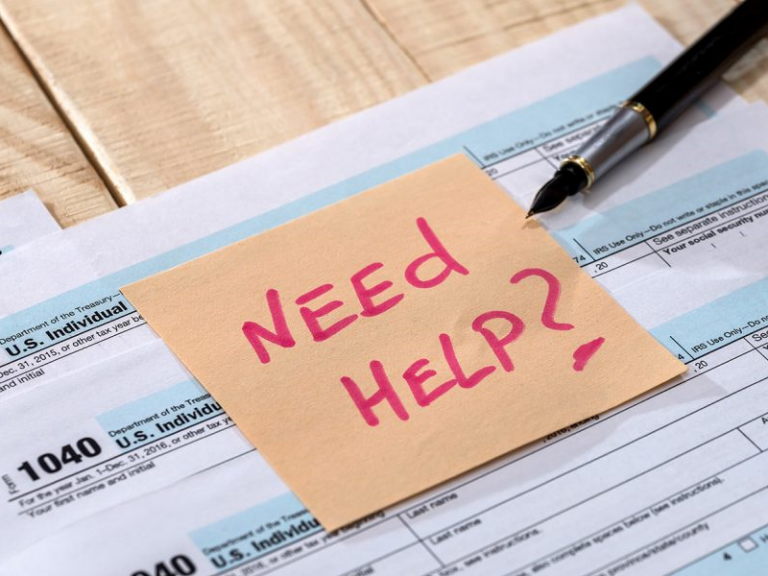
The CARES Act is the largest and most comprehensive stimulus bill ever enacted by the Federal Government, and it provides a myriad of opportunities for small business owners.
One way in which this act is designed to help small business owners is the Paycheck Protection Program (PPP). This portion of the act incentivizes companies to retain employees and rehire any who were laid off due to the coronavirus crisis.
Additionally, another provision of the CARES Act for small business owners is the Economic Injury Disaster Loan (EIDL), which is intended to provide economic relief to businesses currently experiencing a loss of revenue.
Paycheck Protection Program (PPP) Loan
The PPP loans are fully backed and guaranteed by the Small Business Administration (SBA). They are available for companies with fewer than 500 employees, or the employee size standard under NAICS Code, if larger. Sole proprietors, independent contractors, and self-employed persons are also eligible to apply. The loans can go toward help with payroll, benefits, insurance premiums, rent, and other similar operating expenses.
Up to 100% of the loan can be forgiven, if it is spent on the below listed items during the eight-week period following the issuance of the loan.
- Payroll costs
- Rent pursuant to a lease in force before 2/15/2020
- Mortgage interest
- Utilities
- Group health insurance premiums and other healthcare costs
Forgiveness is based on maintaining current employees or quickly rehiring employees who were let go due to the crisis and maintaining their salary levels. Note that at least 75% of the forgiven loan amount must have been used toward payroll. Forgiveness is reduced if employee headcount declines or if salaries decrease.
Loan payments are deferred for six months, and the loan maturity is two years with a one percent interest rate.
Businesses should consider asking for the maximum amount needed as you can only apply for one PPP loan. Below is a list of the paperwork you’ll need to complete for the application.
- Business paperwork, including employee headcount
- Payroll costs (income statements)
- IRS Payroll filings (W-2s, Forms 940 and 941)
- Receipts and proof of other eligible expenses
The following link will bring you directly to the SBA’s website for additional information and resources, Paycheck Protection Program.
Economic Injury Disaster Loan (EIDL)
The Economic Injury Disaster Loan (EIDL) also includes an advance provision of up to $10,000 and is intended to provide economic relief to businesses currently experiencing a loss of revenue.
Eligibility for this loan follows the same eligibility guidelines as the PPP. If a business applies for an EIDL loan, they are automatically eligible for the advance as well. While the loan does need to be repaid, the advance does not have to be repaid. Even if a business applies for the loan and gets the advance but is ultimately not approved for the loan, they still get to keep the advance without the need to repay.
The maximum amount for an EIDL loan is $2,000,000 and the proceeds must be used for working capital needs such as fixed debt and payroll. The interest rate for these loans is 3.75% for businesses and 2.75% for nonprofits. The maturity can be as long as 30 years, and there is an automatic one-year deferment on repayment of the loan.
You can only apply for the EIDL with the SBA. The following link, COVID-19 Relief, will take you directly to their site. While they are not currently accepting new applications at this time, they will be providing additional information regarding the ability to accept new applications with the new round of funding soon.



